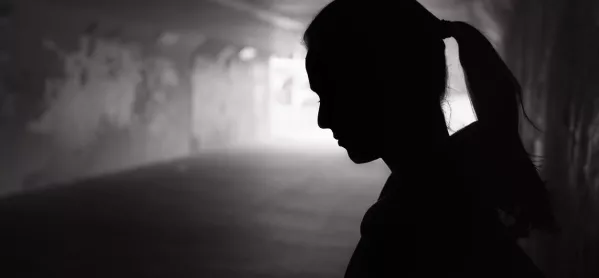Cheffing. Splashed. Rambo.
If you heard these words in a conversation in a corridor, would you think nothing of it, or would you be concerned?
Slang is often looked down upon as undesirable, the language of the streets, a butchering of the English language - but slang is a huge part of everyday speech for our students.
We are doing them, and ourselves, a huge disservice if we are oblivious to the language they are fluent in.
The latest slang
And if you’re not aware of the latest slang, there is the potential for that to be taken advantage of.
We know that some students will try and push their luck in class. They will slip in words that sound innocuous enough but actually have a pretty rude meaning. The recent article by Amy Forrester is a perfect example of this.
A knowledge of slang could also prove to be incredibly important. It’s possible that you could hear a conversation between two Year 11 boys talking about carrying a knife outside of school. They may be using words like those used at the beginning of the article, but without the awareness of the language being used, you would miss it completely.
Safeguarding in schools
In safeguarding, we often talk about the little jigsaw pieces that make up part of a larger puzzle. If we miss these conversations, then there is the potential for that puzzle to not be completed, meaning that any chance of an early intervention is gone.
Slang words can come and go, just like any other trend or fad, which means it can be difficult to keep up to date. Some words are absolutely everywhere, then seem to be gone just as quickly as they arrived.
Not so long ago, everything was described as “on fleek”. Now that phrase doesn’t seem so popular. With the rise in popularity of drill music in particular, with groups amassing more than 15 million views per video on YouTube, certain slang words, which might have previously been mainly cultural/regional, can now be heard in every corner of the country.
A list of slang words for schools
I decided it would be wise to put together a list of some of the more common slang terms - focusing especially on those that could have safeguarding implications.
Bando - Abandoned house. Otherwise known as a trap house where drugs are dealt from.
Cunch/country - a term relating to county lines drugs gangs. “Going cunch/country” means travelling far from the area you are in to sell drugs.
Wap - Before Cardi B and Megan Thee Stallion came along with their latest hit, a “wap” was a gun.
Spinner - Gun/revolver
Rambo/Ramsay - A large hunting/kitchen knife.
Chef/Cheffing, Splash/splashed, ching - Stabbing someone.
This is only a very short list, but, as you can see, some of those words seem entirely innocent. Knowing the context and the slang definition could end up being the final jigsaw piece in the puzzle.
Thomas Michael is a safeguarding and welfare officer in a secondary school




